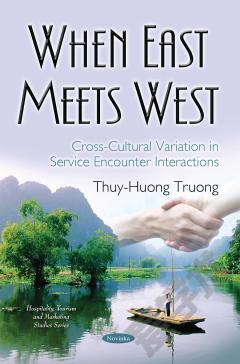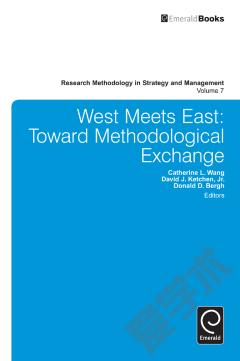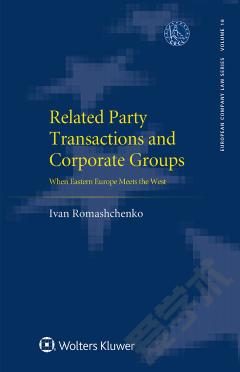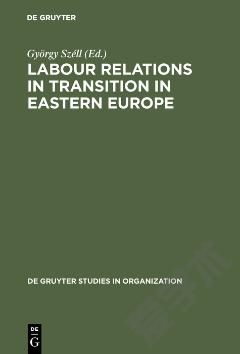When East Meets West: Cross-Cultural Variation in Service Encounter Interactions
Vietnam attracts visitors from various source markets and such diversity has become commonplace in major tourism receiving areas. The practice of international tourism generally implies cross-cultural experiences on the part of both tourists and service providers. Given the marked differences between the cultures of Asian and Western travelers, and since Asian cultures are heterogeneous, an understanding of the impact of rules of behaviour between international travelers from different cultural backgrounds will be critical for the effective operation of tourism in Vietnam. This book investigates the major cultural differences between Vietnamese hosts and Chinese, French and American travelers that impinge upon host-guest social and cultural interactions. Within the tourism literature, markets have been divided on the basis of psychographics, geographic and behavioural characteristics. Amongst these methods, the common ones are nationality, benefits sought, tourist role and social class, with nationality and rules of social interaction (or rules of behaviour) being the most important segmentation variables to be included. This book has both practical and academic significance. Drawing upon the marketing, tourism, and cultural studies literature and examining cultural values in tourism settings, the research presented in this book provides some strategic directions for tourism managers and marketers. From a theoretical perspective, this book provides an enriched understanding of Rokeach’s and Argyle’s models. These instruments have previously been applied in the fields of sociology, psychology, and marketing. In the present case, these models are used with some modifications to measure the cross-cultural service interactions and the associated insights that are useful for tourism researchers, developers, marketers, and managers. This book is evidence based and can serve as a guide to meet the needs of Asian and Western tourists with particular reference to the important influence of cultural backgrounds and rules of behaviour on tourist–host service interactions in cross-cultural settings. It applies the empirically based models to development-related challenges confronting the tourism sector.
{{comment.content}}








 京公网安备 11010802027623号
京公网安备 11010802027623号